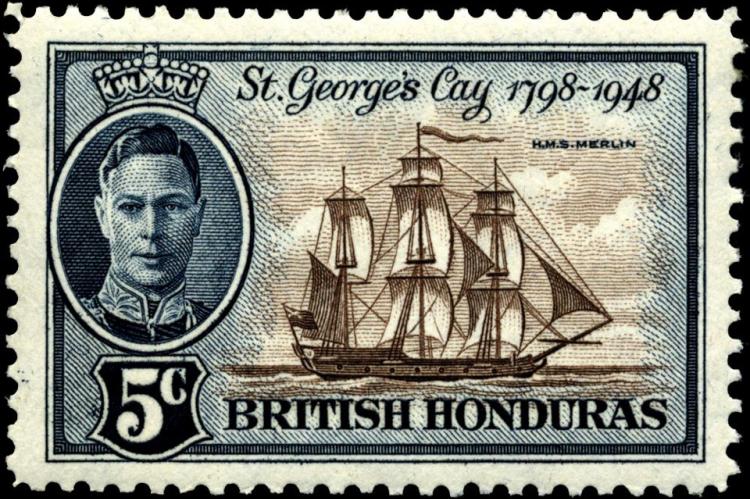The Battle of St. George’s Caye: Between Fact and Myth
By: Omar Silva I Editor/Publisher
National Perspective Belize I Digital 2025
Belize City Thursday 4th September 2025: Every year on September 10th, Belizeans proudly celebrate the Battle of St. George’s Caye, waving flags, marching in parades, and honouring what is taught as the decisive moment when the Baymen and their allies repelled the mighty Spanish. It is one of the cornerstones of Belize’s national story.
But was it truly the grand battle as painted, or is much of what we celebrate today the product of colonial mythmaking designed to cement loyalty to the Crown?
The Historical Record: A Skirmish, not a War
The confrontation of September 1798 was real. Spanish ships did sail from Yucatán to forcefully assert sovereignty over what was then the British settlement at Belize. The Baymen, alongside free Blacks and enslaved Africans, prepared defences near St. George’s Caye.
Archival records confirm clashes between September 3–10, with the most decisive on September 10th. After an exchange of cannon fire, the Spanish withdrew — plagued by logistical failures, disease, and dwindling supplies. Importantly, this was not a massive naval war. It was a brief skirmish, with limited casualties and far smaller fleets than later described.
Myth-Making Under the Union Jack
The real significance of the Spanish withdrawal was symbolic: never again would Spain attempt to expel the settlers by force. This gave the Baymen confidence in their foothold on the coast.
However, the colonial administration and British elites seized upon the moment. They magnified the scale of the encounter, framing it as a glorious “decisive battle” where the settlers’ loyalty to Britain and the Crown was rewarded with victory.
Enslaved Africans’ role — rowing the Baymen’s boats, loading cannons, and standing on the frontline — was minimized in official accounts. Instead, the story became one of brave settlers defending “their” land, reinforcing a colonial social order where the enslaved were rendered invisible in the telling of Belize’s past.
Why It Became Our “Founding Story”
By the late 19th and early 20th centuries, as nationalism grew in the Caribbean, the colonial establishment leaned heavily on the Battle of St. George’s Caye as a unifying myth. It portrayed Belize’s identity as rooted in loyalty to Britain, with September 10th celebrated as the colony’s national day until Independence in 1981.
The purpose was clear: if the people celebrated their survival under the British flag, they were less likely to resist colonial authority. The holiday became less about Belize’s freedom, and more about reinforcing colonial belonging.
What It Means for Us Today
The truth is that the Battle of St. George’s Caye was not the epic clash of nations often described. It was a small skirmish that colonial masters amplified into a founding legend.
But this does not mean we should strip it of meaning altogether. The enslaved and free people of African descent who fought in that moment — despite being denied freedom themselves — deserve recognition. Their labour and courage kept the settlement alive.
Belizeans today must see the Battle not only as a piece of folklore but as a lesson in how history is written, re-written, and weaponized. By separating fact from myth, we reclaim the story for ourselves, not as a colonial loyalty tale, but as part of our people’s struggle and survival.
✅ Conclusion: The Battle of St. George’s Caye was real, but it was not the grand decisive war the colonial powers painted it to be. Its transformation into national myth was deliberate — a tool to foster loyalty to Britain. Today, Belizeans can honour the memory while recognizing the deeper truth: our history is richer than colonial legends, and it is ours to reclaim.
📌 Reader’s Reflection: A Skirmish as Conquest?
DV
One reader suggests that while the 1798 clash at St. George’s Caye is often described as a mere skirmish, its consequences were far greater. Spain never again attempted to militarily dislodge the settlement. In that sense, the encounter effectively ended Spain’s long struggle to dominate the territory.
From this perspective, the event could be seen as Belize’s survival secured “by conquest.” Under international law, conquest has historically been recognized as a basis for sovereignty, though today courts place more weight on treaties and effective occupation. Still, the idea highlights how even a small battle can alter history — and underscores the symbolic and legal weight Belizeans attach to their Jewel.
- Log in to post comments

